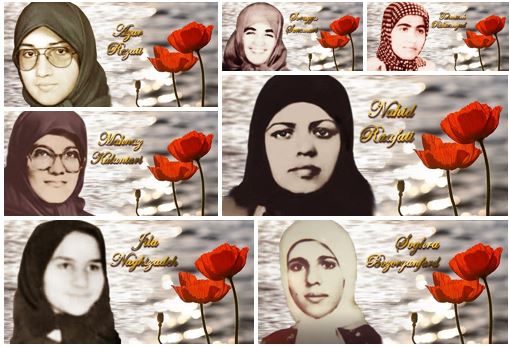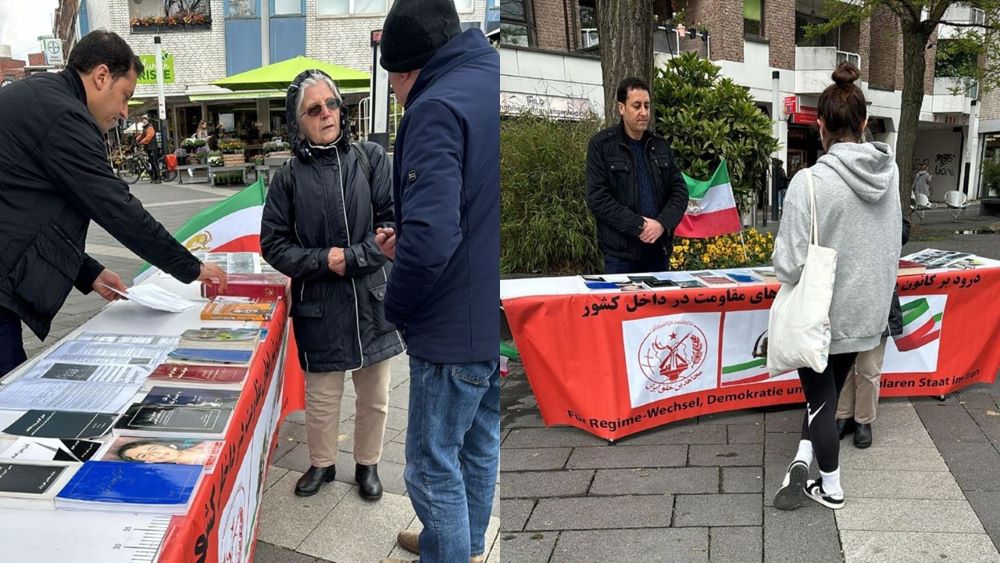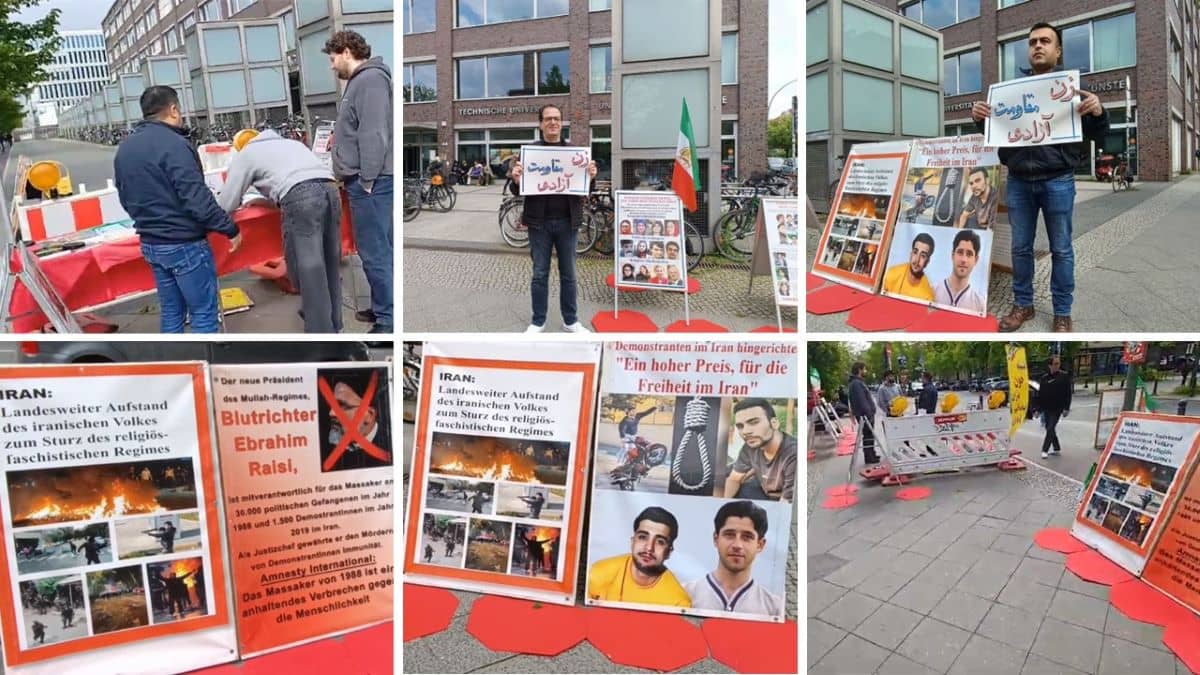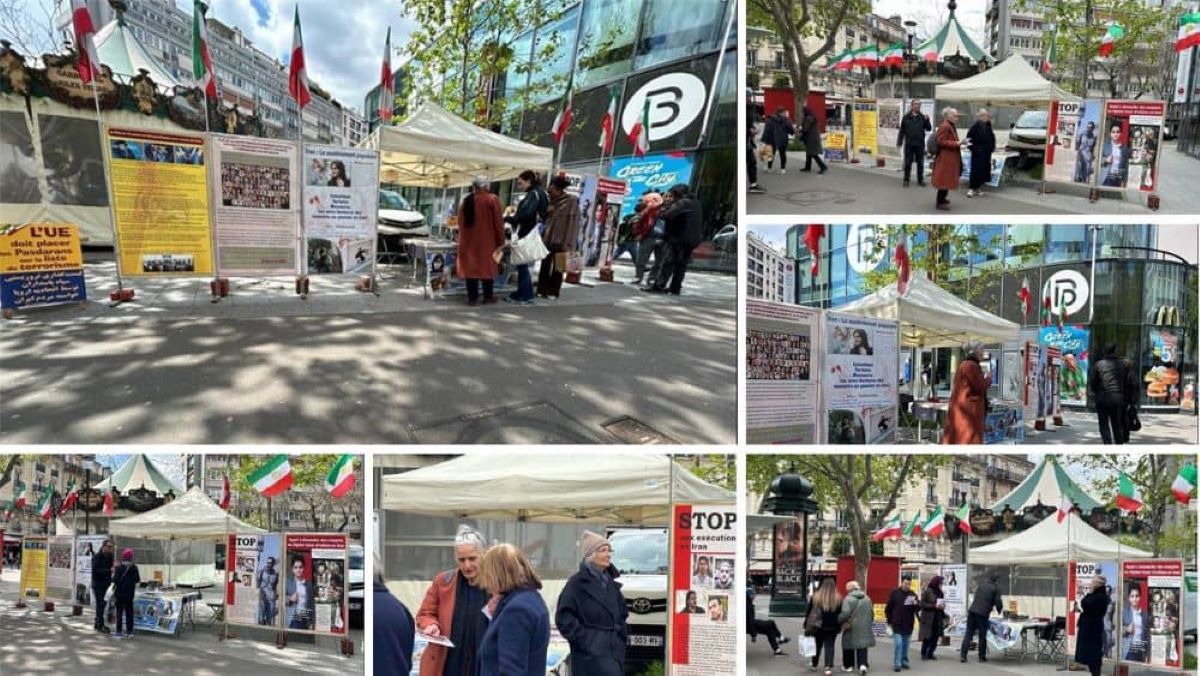Sunday was the 39th anniversary of the assassinations of several leading members of the Iranian Resistance by the Iranian Revolutionary Guards (IRGC).
On February 8, 1982, thousands of heavily armed IRGC fighters surrounded the headquarters of the Resistance and destroyed it, killing some of the leading members, all on the orders of regime founder Ruhollah Khomeini, who wanted to use the brutal attack to demoralize supporters and break the spirits of those in prison and around Iran. Khomeini assumed that this would work, but even when these leading members were killed, their spirits could not be extinguished and went on to inspire freedom fighters for decades to come.
The Women’s Committee of the National Council of Resistance of Iran (NCRI) has written a special tribute to the women there that day, who fought for freedom until their dying breath and inspired a generation. Here we will look at the profile of Ashraf Rajavi, the late wife of Resistance leader Massoud Rajavi, but we encourage you to read the rest of the profiles here.
Ashraf had stayed in Iran, after Massoud was sent abroad by the Resistance in 1981 to serve as a figurehead, to be his representative in the country.
She was at the headquarters with their baby son when the attack began and hid him in the bathroom to keep him safe from the bullets and smoke, before going out to defend her fellow Resistance members. Sadly, she was killed and her son was taken by the regime who vowed to raise him as a loyal servant of the Supreme Leader.
Ashraf, who was born in 1951, became involved in the Resistance in 1971, when they were fighting the Shah, and was arrested and tortured twice, in 1972 and 1976.
The Sharif Industrial University graduate was sentenced to life in prison in 1976, but was freed as a political prisoner in 1979, days after the Shah fled as a result of the Revolution, in the same group as Massoud.
As the most experienced female member in the Resistance, Ashraf became the role model for thousands of young women and girls who wanted to fight for freedom. She was also the most prominent female candidates for the parliamentary seat in Tehran during the first round of parliamentary elections in 1980. However, due to election rigging, she was not elected.

The other women killed in this attack were:
- Azar Rezaii
- Mahshid Farzanesa
- Mahnaz Kalantari
- Sorayya Senemari
- Fatemeh Najarian
- Tahmineh Rahimnejad
- Nahid Raafati





